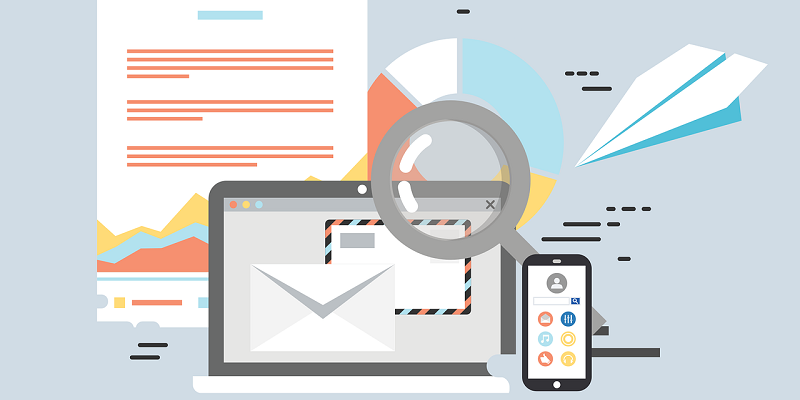The digital marketing landscape is constantly evolving and marketers are continually searching for the most effective ways to reach their target audience. Amid this whirlwind of changes, one technique has proven its staying power – email marketing. In today’s article, we will explore the importance and benefits of email marketing and why it remains a reliable and effective method of reaching and engaging customers.
Email marketing, in its simplest terms, is a direct form of marketing that uses electronic mail as a means of communicating commercial or fundraising messages to an audience. This can include newsletter subscriptions, product promotions, sale notifications, event invitations, or other marketing content.
The effectiveness of email marketing lies in its reach and personalization. Email marketing campaigns allow businesses to deliver targeted messages to their subscribers, which can significantly increase engagement and conversion rates. Personalization, such as using the recipient’s name or referencing their past purchases, can make emails more relevant and engaging. Personalization can also increase open rates and click-through rates, and even help to reduce unsubscribe rates, ultimately leading to a higher ROI.
Cost-Effectiveness of Email Marketing
One of the most significant benefits of email marketing is its cost-effectiveness. Email marketing campaigns don’t require large budgets to create or implement, making it an ideal option for small businesses and startups. It is cheaper than traditional forms of advertising such as print ads and television commercials, and it provides measurable insights into campaign performance, making it easy for businesses to track their return on investment.
Segmentation in Email Marketing
Segmentation involves categorizing your email list based on certain criteria, such as demographics, purchase history, or behavior on your website. This can help businesses create targeted campaigns that are specific to each segment, generate better results, and have a higher ROI.
Mobile responsiveness in email marketing is essential in today’s technology-driven world. With the majority of emails now being opened on mobile devices, it is crucial to ensure that your emails are mobile-friendly. A mobile-responsive email design means that your email template automatically adjusts and fits the screen of each device a customer uses to open it. Failing to optimize emails for mobile devices can lead to poor user experiences, low click-through rates, and could potentially encourage users to unsubscribe.
Testing Different Elements in Email Marketing
Testing different elements of your emails, such as subject lines, content, and call-to-action buttons, can help you understand what works best with your audience and optimize your strategy accordingly. A/B testing allows businesses to test different marketing strategies with small groups before sending them out to the entire list, gaining insights into what resonates best with the audience. This process allows businesses to optimize campaigns and increase conversion rates.
Importance of providing value to recipients
Last but not least, the content of your emails should provide value to the recipients. Valuable content can help businesses build a loyal customer base and strengthen relationships with their subscribers. Customers are more likely to open and engage with an email from a business that continually provides them with something new, exciting, and valuable such as content that educates, entertains, or rewards subscribers.
Despite the growth of social media and other digital marketing channels, email marketing continues to be a reliable and effective method of reaching and engaging customers. As we’ve highlighted in this article, email marketing has various benefits, including its cost-effectiveness, personalization, and ability to provide value to subscribers. The future of email marketing looks promising as long as businesses continue to adapt and optimize their campaigns and make their emails mobile-friendly. In summary, email marketing remains a trusted and effective channel for businesses to connect with their audience, drive engagement, and ultimately increase ROI.

